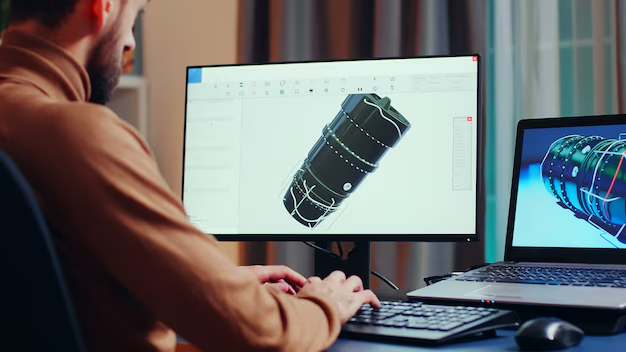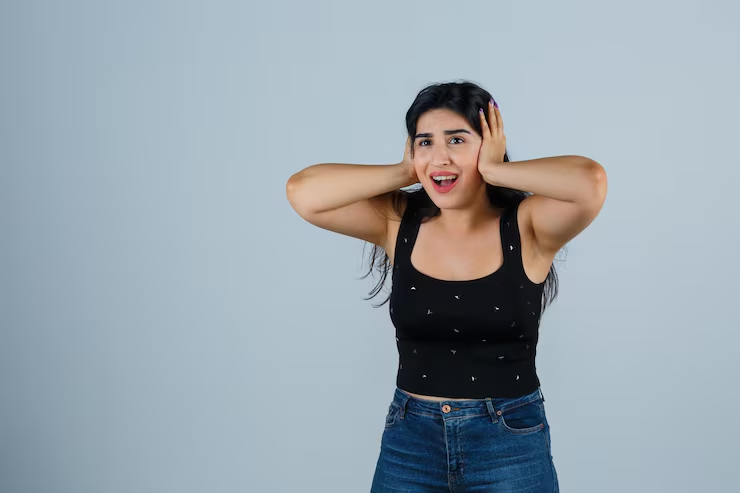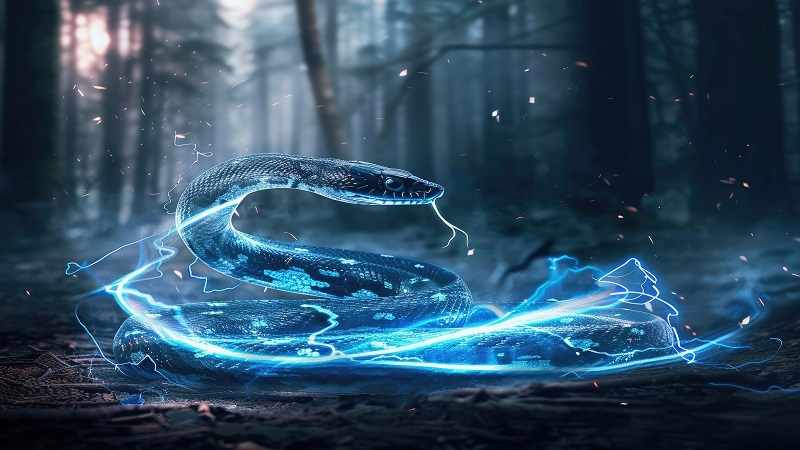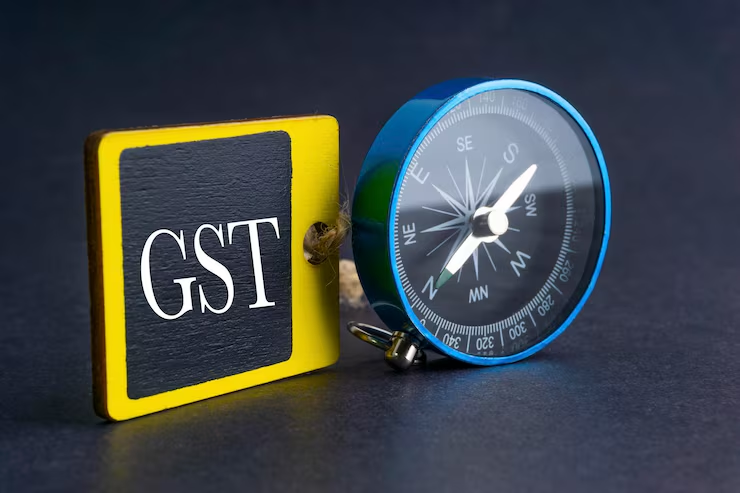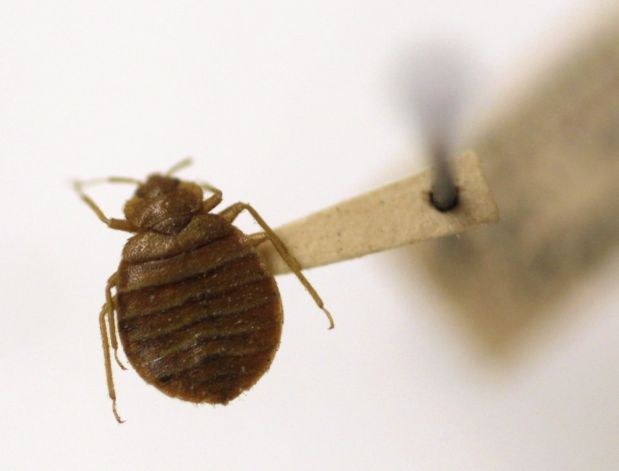
Unveiling StufferDNB: The Next Frontier in Drum & Bass
Drum & Bass (often written as DNB or DnB) has for decades been a fertile ground for evolution, innovation, and sub-genre spawning. From its jungle roots in the UK to the liquid, neurofunk, jump-up, and darkstep offshoots, the genre has always been about pushing the boundaries of energy, rhythm, and texture.
Into this ever-shifting soundscape emerges StufferDNB (also stylized “stufferdnb”) — a term that’s gaining traction in underground music communities, blogs, and niche scenes. What is StufferDNB? Why is it generating curiosity? And how might it shape the future of DNB? In this post, we’ll dive deep into the story, the sound, the culture, and the promise behind StufferDNB.
What Is StufferDNB?
At its heart, StufferDNB is a conceptual sub-style (or descriptor) within drum & bass that emphasizes density, layering, and intricate sonic textures. The word “stuffer” suggests filling, packing, or saturating — and that is exactly part of its aesthetic: tracks that feel “stuffed” with sonic detail, modulation, transitions, and dynamic interplay.
According to Dot Magazine, StufferDNB is “a conceptual term used to describe a densely layered and intricate style within the broader Drum and Bass (DNB) genre.” Dot Magazine
In many ways, it’s not just a subgenre but more of a compositional approach or philosophy: how one constructs a track, how many moving parts coexist, how transitions and modulation evolve across time, and how tension and release are orchestrated.
Because the term is relatively fresh, definitions vary slightly depending on who you ask. Some see it as a hybrid between neurofunk’s complexity and liquid’s emotional depth; others see it as leaning more experimental — crossing over with IDM, ambient, or glitch elements.
Origins & Evolution
Underground Emergence
While there’s no single “birth moment” for StufferDNB, many credit its roots to the late 2010s and early 2020s, when producers began pushing further into textural detail, modulation, and cross-genre exploration. As production tools became more accessible and powerful, the barrier to creating dense, multi-layered soundscapes dropped.
Some blog posts suggest that StufferDNB grew from the underground scenes where DJs and producers tested tracks in clubs or private sets before releasing them more broadly. For example, Touched INC describes how the discovery of “stufferdnb” was as much an experience as a sound — stumbled upon in a hidden club atmosphere. Touched INC
Others locate its antecedents in the experimental edges of DnB — where artists were already merging DNB with ambient, glitch, and more progressive electronic forms. Over time, these experiments distilled into a recognizably “stuffed” aesthetic.
Technological Enablers
StufferDNB’s rise is closely tied to technological advances:
- Digital Audio Workstations (DAWs) and plugin ecosystems now allow producers to layer many more elements, automate complex modulation, and sculpt transitions with precision.
- Modular synthesis and hybrid plugin/hardware setups give producers fine control over evolving textures.
- High-quality sample libraries and the ability to resample/manipulate sonic fragments allow for dense, evolving sound design.
- Streaming platforms and online communities facilitate niche tastes taking hold, giving “microgenres” like StufferDNB a chance to find an audience.
Hallmarks & Core Characteristics
While interpretations vary, here are some traits commonly associated with StufferDNB:
| Characteristic | Description / Role |
|---|---|
| Dense layering & polyphony | Multiple simultaneous elements — percussive, melodic, ambient — coexist without feeling cluttered. |
| Dynamic modulation & movement | Evolving filters, modulated effects, shifting soundscapes rather than static loops. |
| Intricate drum programming | Detailed break edits, subtle fills, ghost notes, and variation across the track, not just in the build/drop. |
| Bass complexity | The bass lines are often more than “just a sub + growl” — modulation, evolving timbre, interactions with the mix. |
| Transitions & morphing | Changes happen gradually or in surprising ways — transform sections, tempo micro-variations, textural shifts. |
| Emotional / ambient layers | Pads, atmospheres, field recordings, or ambient textures help give space amid the density. |
| Hybrid influences | Drawing from IDM, ambient, glitch, techno, and sometimes cinematic or orchestral textures. |
Because StufferDNB is rooted in density and evolution, tracks may reward multiple listens: you’ll hear new details each time.
Why StufferDNB Resonates
Innovation Through Overload (Without Chaos)
There’s a paradox at play: by packing in more elements, there’s greater risk of clutter or confusion. But the best StufferDNB productions manage to walk the fine line — having complexity while maintaining clarity and purpose.
For listeners and producers tired of predictable drop structures or “cookie-cutter” DNB tracks, StufferDNB offers a fresh approach — one where journeys matter as much as peaks.
A Culture of Exploration & Collaboration
Because the style is new, its practitioners tend to be explorers rather than formula follow-ers. Producers share stems, remix each other, and experiment outside conventional norms. This collaborative spirit helps the form evolve more quickly.
Online forums, Discord communities, label A&Rs scouting fresh sound, and livestream sets are vital spaces for StufferDNB to incubate and spread.
Influence on the Wider DNB Landscape
Even if not labelled “StufferDNB,” many modern drum & bass tracks — especially in neurofunk or forward-leaning liquid domains — are borrowing techniques such as intricate modulation, multi-part transitions, and layered textures. In this way, StufferDNB acts as a lab for ideas that may diffuse more broadly.
Key Artists, Labels & Scenes
Since StufferDNB is nascent, no “canon” exists yet, but certain artists and labels are often associated or heavily influential in pushing toward its territory:
- Producers working in the experimental, forward-leaning edges of DNB, sometimes releasing on boutique or forward-thinking labels.
- Labels that encourage risk and sonic experimentation, not only dancefloor conformity.
- Events or club nights in underground scenes (UK, EU, Asia, U.S.) that spotlight “future DNB” sets or residencies.
As the concept gains more recognition, some acts will become de facto ambassadors of StufferDNB, helping define its boundaries and possibilities.
Experiencing StufferDNB
In Live Sets & Clubs
Hearing StufferDNB in a club or immersive environment can be transformative. Strong sound systems allow low-end textures, modulated mids, and detailed top-end elements to breathe. In the live context, the transitions and evolving textures feel more physical and visceral.
DJs who specialize in StufferDNB might choose track orders that emphasize narrative — slow builds, unexpected shifts, ambient interludes, and textural breaks.
Online & Streaming
For many fans, streaming platforms, Bandcamp, SoundCloud, and curated playlists are gateways to discover new StufferDNB material. Because of its niche nature, playlist curation, artist promos, and community sharing play a large role in discovery.
Producers often release extended mixes, “VIP” edits, and experimental versions of tracks to showcase alternate dimensions of their work.
Creating Your Own StufferDNB Track
If you’re a producer interested in exploring StufferDNB, here are some suggestions to get started:
- Start with structure in mind: Don’t treat your track as a rigid intro → build → drop → outro. Plan evolving transitions, breaks, and ambient passages.
- Layer gradually: Introduce elements over time rather than all at once. Let space be as important as sound.
- Use automation & modulation aggressively: Filters, LFOs, envelope followers, morphing effects, resampling — constantly change parameters over time.
- Drum detail matters: Use fill transitions, micro-changes in velocity, ghost hits, and occasional rhythmic surprises.
- Balance clarity and density: Even in heavier sections, ensure each element has its place in the stereo field, frequency spectrum, and dynamic space.
- Leave breathing room: Sometimes pull back to minimal textures to let the ear reset.
- Incorporate non-DNB influences: Don’t shy away from ambient, glitch, IDM, cinematic, or even jazz elements.
- Iterate & refine: Because complexity can mask issues, go through multiple mix passes, reference tracks, and test on different systems.
Challenges & Criticisms
No emerging style is without critique or pitfalls. Some potential challenges for StufferDNB include:
- Overcrowding or sonic clutter: When too many elements fight for attention, the mix can feel muddy or fatiguing.
- Accessibility for listeners: The density and complexity may alienate listeners who prefer simpler, more dancefloor-oriented DNB.
- Standardization risk: As more producers try to define “StufferDNB,” formulaic tropes might emerge, reducing the experimental edge.
- Live translation: Some complex modulations or micro-changes may not translate well on lower-end club systems, risking loss of detail.
- Label & promotional support: Because it’s niche, mainstream DNB labels and promoters may be less willing to invest until the style proves commercial viability.
However, many of these challenges are also opportunities: they push producers to balance boldness with discipline, and keep the style evolving rather than ossifying.
The Future of StufferDNB
Where might StufferDNB head over the next few years? Here are some hypotheses and possibilities:
- Broader adoption and hybridization
As more producers explore its palette, StufferDNB might cross-pollinate with other DNB subgenres or even entirely different electronic styles (e.g. ambient DNB, experimental techno, cinematic DNB). - Label imprints & sub-labels
Expect future labels or offshoots branded around StufferDNB, curating this sound and developing its community. - Live immersive experiences
Visuals, spatial audio (Ambisonics, binaural setups), and interactive set elements could complement the evolving texture-based sound. - Tool development & plugin design
Producers may demand more tools tailored for evolving modulation, granular texture design, or automated morphing — leading plugin makers and DAW devs to respond. - Educational / tutorial content
As interest grows, tutorials, masterclasses, sample packs, and preset libraries tailored for StufferDNB production can help newer creators enter the space. - Greater reach via streaming & algorithmic discovery
Though currently niche, as algorithms pick up on emotional or textural metadata, StufferDNB tracks may reach wider audiences through discovery playlists and recommendation engines.
Conclusion
StufferDNB is more than a buzzword — it’s an artistic direction in the evolution of drum & bass. It embodies a mindset: that richness, motion, introspection, and complexity have a place alongside energy, danceability, and rhythmic drive.
While it’s still early days, the seeds are already being sown. The communities, producers, and listeners who embrace StufferDNB are helping shape an exciting frontier in electronic music. If you’re a fan of DNB, or a producer seeking fresh ground, exploring StufferDNB may open doors to new sonic worlds.


